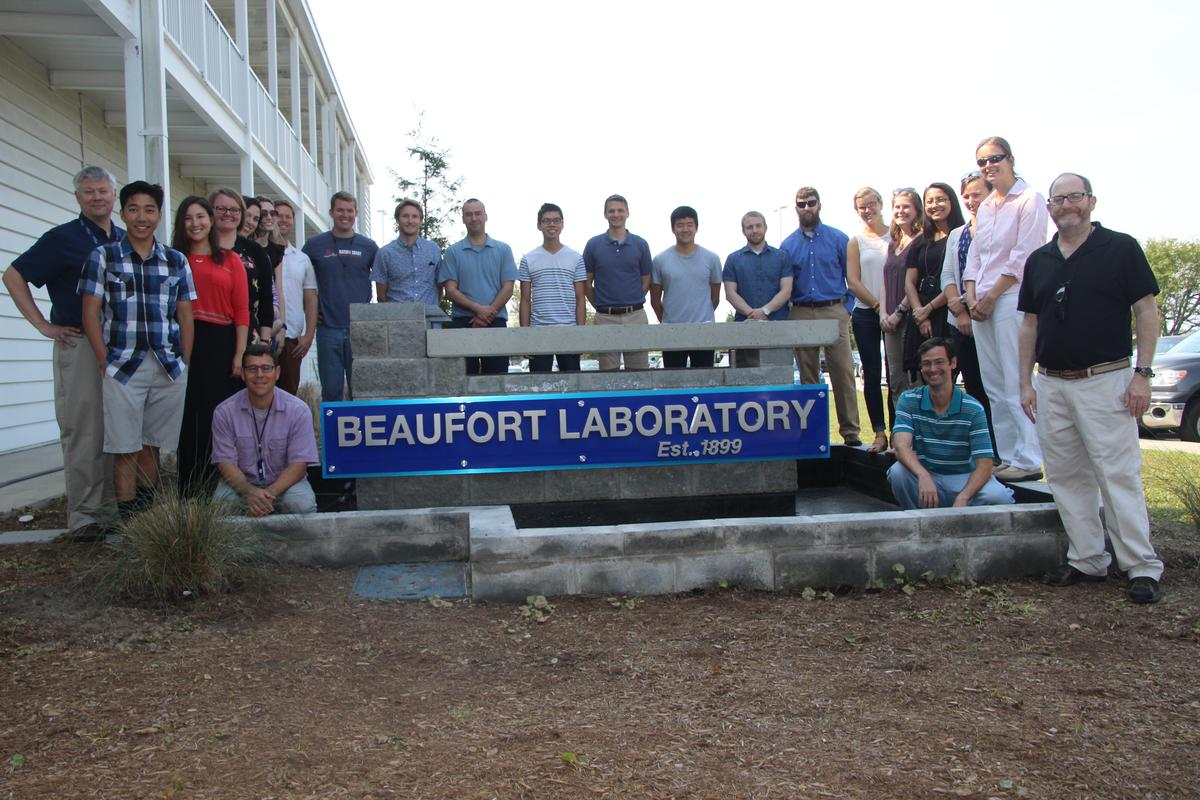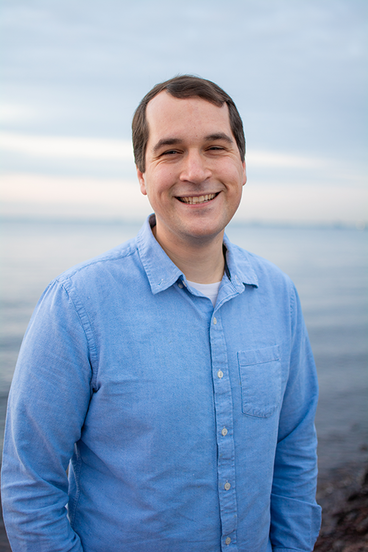
The National Marine Fisheries Service-Sea Grant Fellowship in Population and Ecosystem Dynamics and Marine Resource Economics Competition.
Applications are due to Minnesota Sea Grant (MNSG) January 25, 2024, 5 p.m. CT. Contact MNSG Research and Fellowship Coordinator, Alex Frie, at afrie@umn.edu.
- NMFS-SG Fellowship Student Guide 2024
- NMFS-SG Fellowship Factsheet 2024
- NMFS-SG Applicant Guide to Sea Grant Fellowships 2024
The fellowship provides support for up to three years for highly qualified graduate students working toward a Ph.D. in quantitative ecology, ecosystem ecology, population dynamics or related fields of study such as wildlife biology, fishery biology, natural resource management, marine biology, quantitative ecology, applied mathematics, applied statistics, simulation modeling, marine resource economics, natural resource economics, or environmental economics.
How to apply: To start the application process email Minnesota Sea Grant’s Research and Fellowship Coordinator, Alex Frie, at afrie@umn.edu. It is recommended that you contact Minnesota Sea Grant as soon as you know you are applying so they can help you prepare your application.
Population and Ecosystem Dynamics: Sea Grant anticipates funding at least four new Ph.D. fellowships in 2024 to students who are interested in careers related to marine ecosystem and population dynamics, with a focus on modeling and managing systems of living marine resources. The emphasis will be on the development and implementation of quantitative methods for assessing marine ecosystems for assessing the status of fish, invertebrate, and other targeted species stocks and for assessing the status of marine mammals, seabirds, and other protected species.
Marine Resource Economics: Sea Grant anticipates funding one new Ph.D. fellowship in 2024 to students who are interested in careers related to the development and implementation of quantitative methods for assessing the economics of the conservation and management of living marine resources.
Fellows will work on thesis problems of public interest and relevance to the National Marine Fisheries Service (NMFS) under the guidance of NMFS mentors at participating NMFS Science Centers or Offices. The NMFS-Sea Grant Fellowship in Population and Ecosystem Dynamics and Marine Resource Economics meets NOAA's healthy oceans goal of "marine fisheries, habitats, biodiversity sustained with healthy and productive ecosystems."
Funding: Application packages may propose up to $62,500 in federal funding plus at least 20% matching ($12,500) funding per year. These awards will be jointly funded by NMFS and Sea Grant. These fellowships can provide support for up to three years.
Contact: Interested students are strongly encouraged to reach out to the Sea Grant program in their state/territory at least one month prior to the state application deadline to receive application support and provide notification of intent to apply.
Deadline: Eligible interested students must submit application materials by 5 p.m., local time on January 25, 2024, to eligible Sea Grant programs.
Eligibility: Interested students enrolled toward a degree in a graduate or professional program in a state or territory served by a Sea Grant program must submit to that program. If your state is not served by a Sea Grant program you should contact the oar.sg.fellows@noaa.gov to be assigned a program to apply through. Those eligible to submit to a Sea Grant Program:
- Prospective fellows must be United States citizens.
- At the time of application, prospective fellows must be admitted to a Ph.D. degree program at an accredited university in the United States or its territories in population dynamics, ecosystem dynamics, resource or environmental economics, or a related field such as wildlife biology, fishery biology, natural resource management, marine biology, quantitative ecology, applied mathematics, applied statistics, or simulation modeling.
- Alternatively, a prospective fellow may submit a signed letter from the institution indicating provisional acceptance to a Ph.D. degree program conditional on obtaining financial support such as this fellowship.
Title page: When an interested student is applying, be sure to specify your project’s focus area in your title page: either Population and Ecosystem Dynamics (PED), or Marine Resource Economics (MRE). See Section IV.B, Content and Form of Application, for more information.
